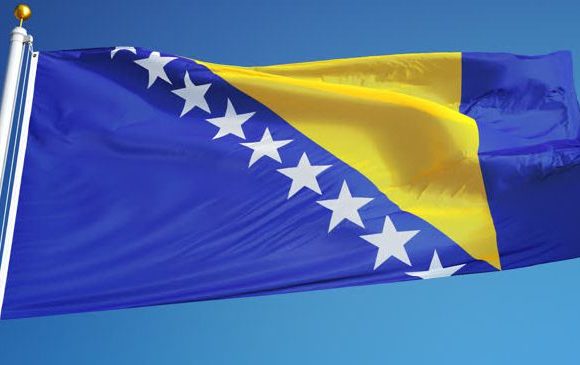The European Court of Justice (CJEU) has ruled that the Hungarian requirement to have an offline casino, in order to be sanctioned to offer online casino games, is a “clear violation of EU law.”
In a case regarding EU-licensed and regulated operator Sporting Odds, the CJEU had been asked whether the freedom to provide services, under Article 56 of the EU Treaty, had been violated through an imposing of administrative fines and temporary ISP blocking measures.
As part of its ruling, the CJEU also issued a prohibition of enforcement by the Hungarian authorities based on its current gambling legislation, which it states “is not in line with the EU freedom to provide services”
Referencing a previous preliminary ruling regarding Unibet and the Hungarian Tax Authority, concerning similar such actions of imposition, the court reiterated its stance.
Commenting in its statement:
“that Member States cannot bring any enforcement action, including any form of administrative sanctions such as fines and blocking measures, against EU-licensed online gaming operators if the national legislation is in breach of EU law.”
The CJEU also stated it is to be left to the Hungarian court to decide whether its system, which monopolises some online gambling products while other are subject a licensing system, “attains public policy objectives in a consistent and systematic manner.”
Welcoming the judgement The European Gaming & Betting Association (EGBA) hailed “a significant step in providing further legal clarity to online gambling regulation in Europe.”
Maarten Haijer, Secretary General of EGBA, said:
“Today’s judgement by the Court of Justice is very clear: no Member State can require an offline activity as a prerequisite to provide online gambling services as this is in conflict with EU law. We are pleased that the CJEU has concluded this once and for all. Restrictive requirements like these, that discriminate against operators, who are entitled to provide their services in a Member State, have no place in the EU. It is clear that, even if Member States are to an extent free to regulate gambling according to their policy objectives, the overall framework is set by EU law.”
































